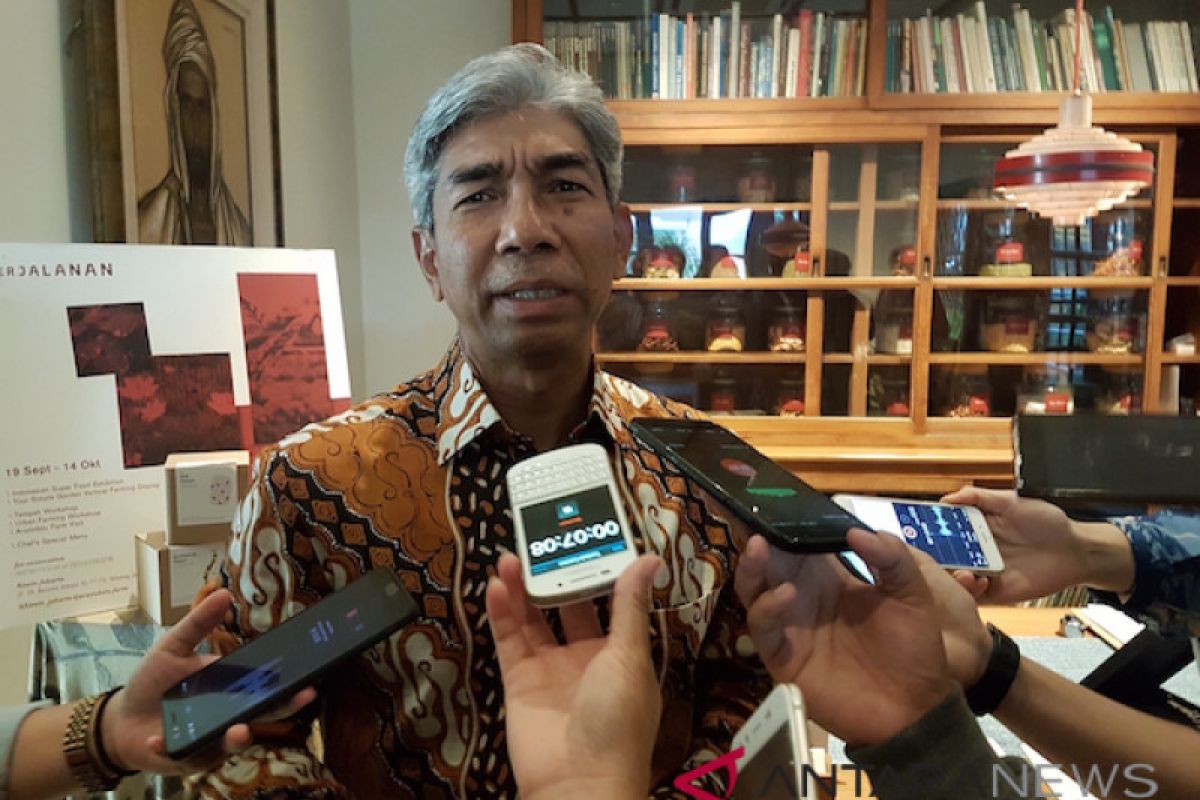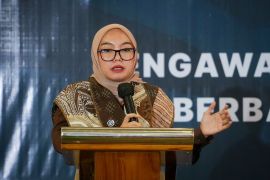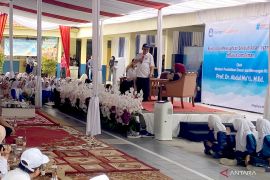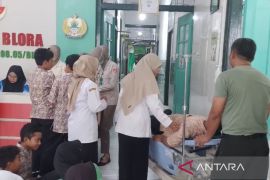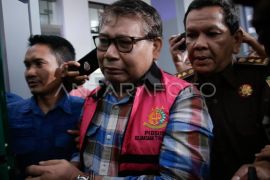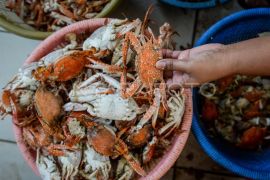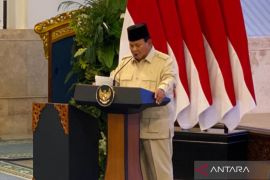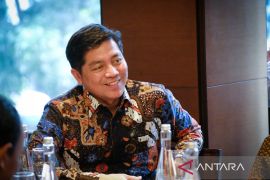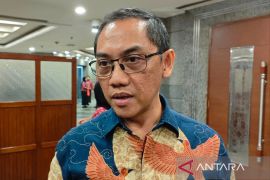Indonesia has already established close cooperation with the organization through several agricultural projects worth US$351 million, Indonesian Deputy Foreign Minister A. M. Fachir noted while welcoming the FAO delegation here on Wednesday.
"Due to the long-standing cooperation, I have requested that the projects applied in Indonesia can serve as a model for other countries as we, in fact, have forged several collaborations in building capacity in the field of food security," Fachir noted.
One of the agricultural models that is viewed as being superior and can be implemented in other countries is "subak," which is a traditional irrigation method originating from Bali.
The method that has been recognized by UNESCO as a world cultural heritage refers to a unique social and religious institution. The method has its own management and democratic associations run by Balinese farmers to regulate the use of irrigation water for paddy fields.
As a system of social life, subak has been able to survive for a century, as Balinese people faithfully follow their ancestral traditions.
The distribution of water within subak is carried out fairly, and all problems are discussed together, including the determination of planting time and the type of grains.
Sanctions for all forms of violations are decided by the people through a ceremony conducted at a temple. This harmonization of life is the key to preserving the subak culture.
"Subak is part of the local wisdom that can be shared with other countries," Fachir remarked.
In addition to reviewing the subak system in Bali, the FAO delegates representing each region will also visit Solo, Central Java Province, and Yogyakarta to observe and discuss other FAO projects.
This program is aimed at sharing best practices on capacity building to realize food security to meet the Sustainable Development Goals.
Reporting by Yashinta Difa Pramudyani
Editing by Libertina W. Ambari, Yoseph Hariyadi
Reporter: ANTARA
Editor: Bustanuddin
Copyright © ANTARA 2018
